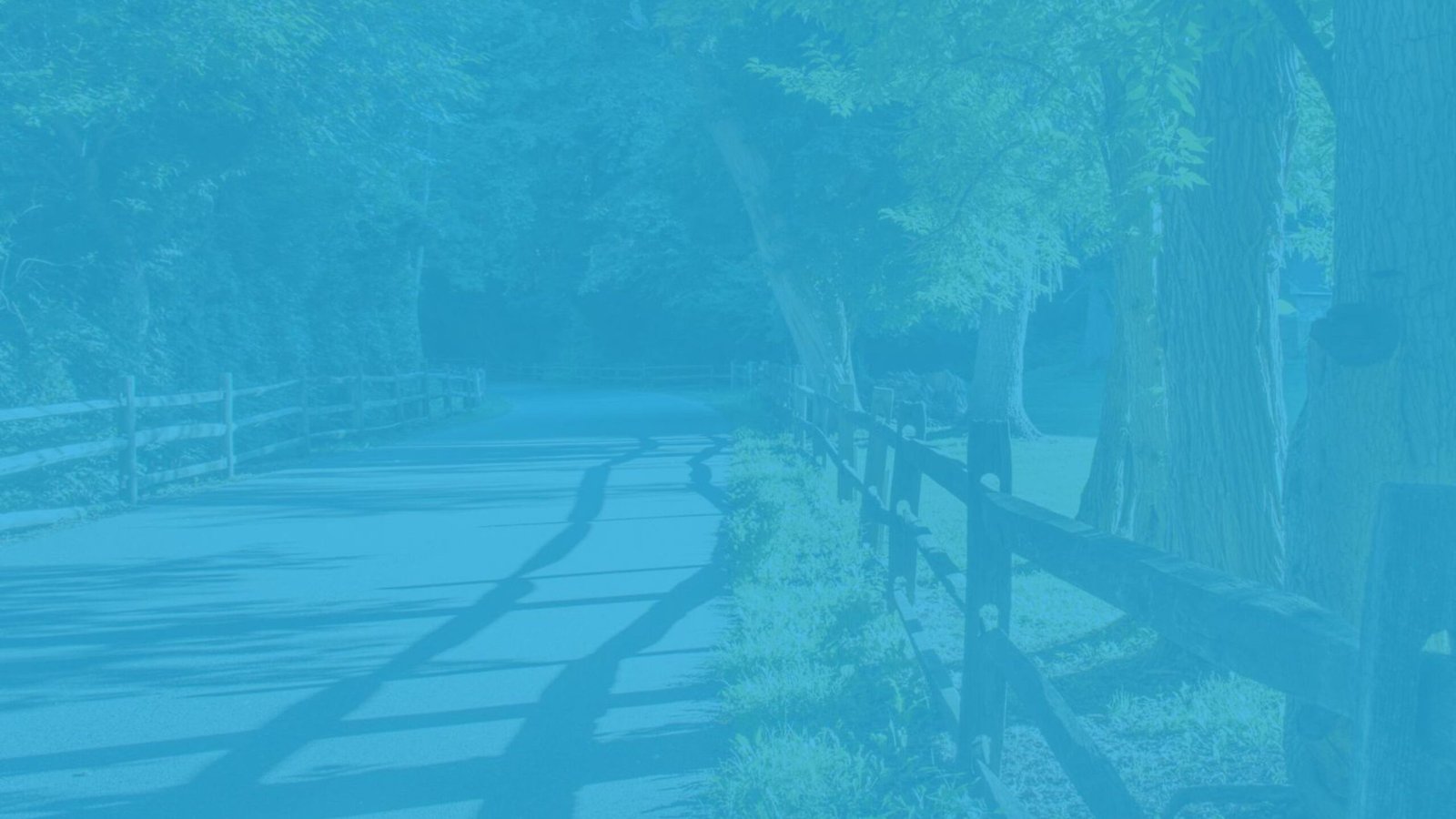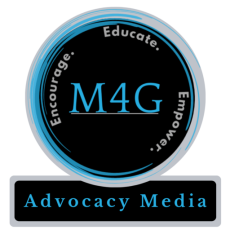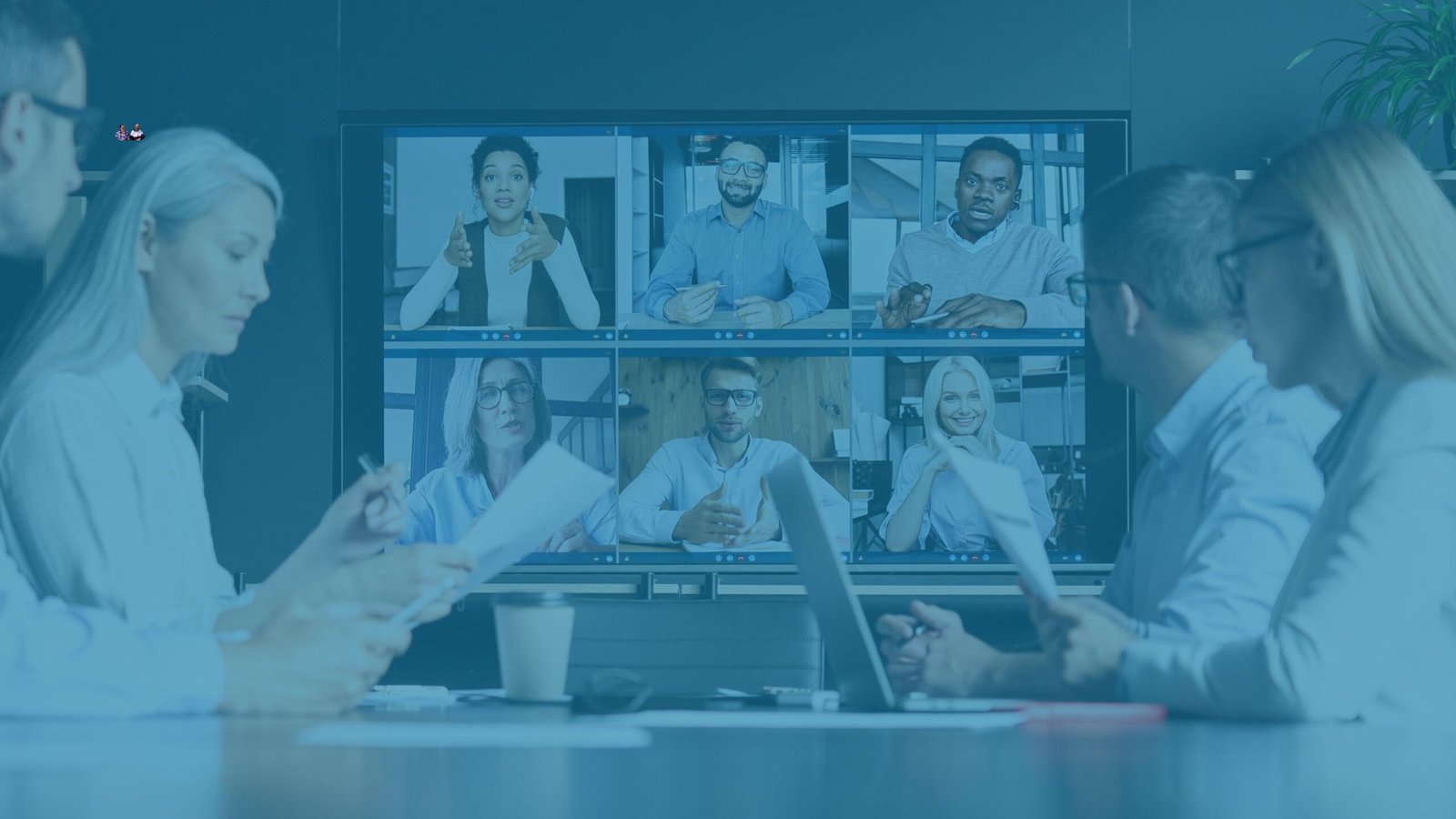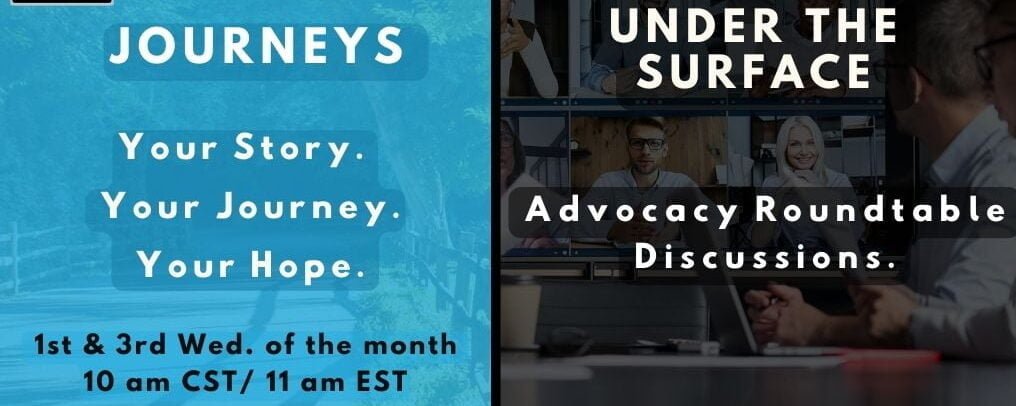Journeys Promo For Season 4, Episode 22 – Dwayne Robertson
There's a lot of concern about what's going on politically right now and its impact on people with disabilities. It can seem daunting, a set-back and a reason to give up instead we must come together to figure out why these issues exist and have those uncomfortable conversations to help each other find the way forward!
On Wednesday, November 27th, we'll talk with Dwayne Robertson about his journey to become the Diversity, Equity, Inclusion and Belonging Strategist for YPO (Young Presidents' Organization), we'll unpack some of ideas about the impacts of recent political developments and talk about how we might move forward! Join us for this insightful discussion.
Upcoming Events
Click the left and right arrows below to browse through all the events coming up!
Recently Added Resources
Click the left and right arrows below to browse through resources!





